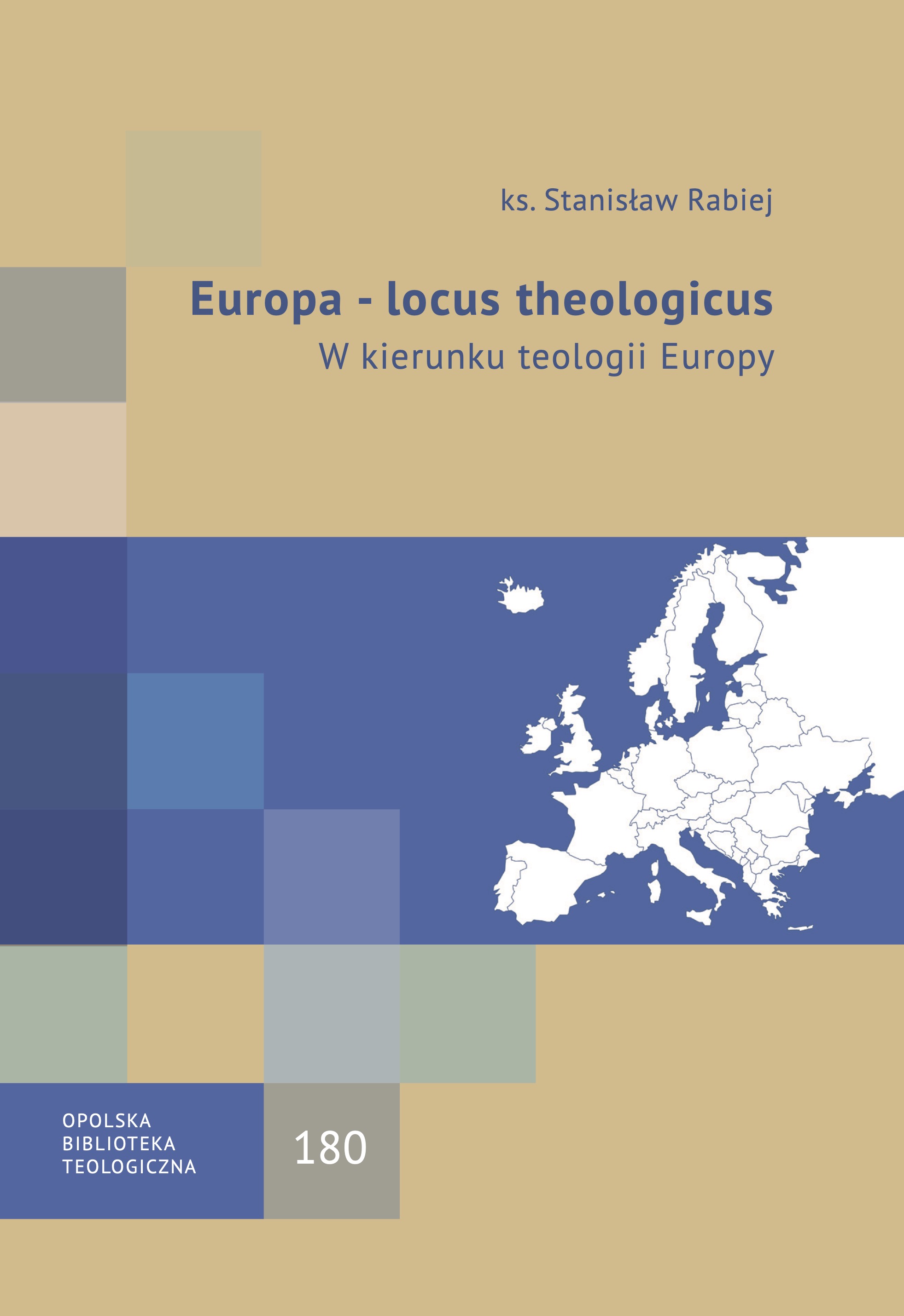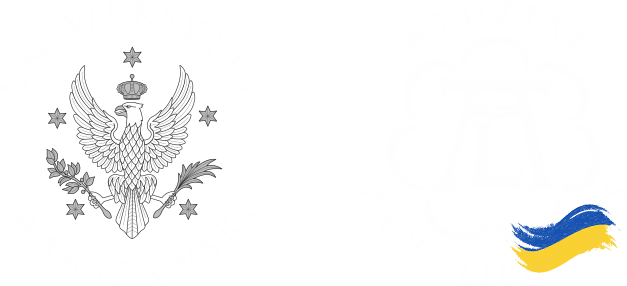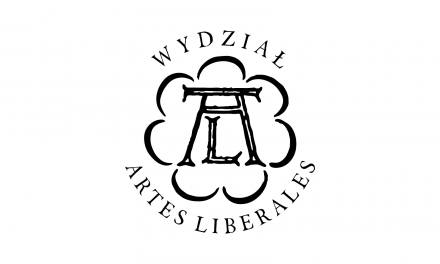
In the whole effort to build the methodological foundations of theology of Europe, one should avoid attempts to move in the world of allegories, prophecies, comparisons and imagery, while instrumentalizing scriptural or patristic texts for the purpose of justifying the laws governing history. There is a similar danger in attempts to interpret history as a natural process governed by necessary laws.
Following the intuition of past achievements in this field, we can assume that, as in the case of the theology of history, the humanistic method will also be the most appropriate for the theology of Europe. This is because it is determined by the subject matter. In this case it will also be man conceived as a free, rational and social being. Such dynamically understood being is also dealt with by theological anthropology. From its perspective, man is seen as an entity confronted with his Creator. The issues of creation and the history of the first man, his struggle with evil in history gives historical thinking a metaphysical or even theological character.
Transferring these assumptions to the field of the theology of Europe, which is of interest to us in this study, we assume that in view of its formal object, as well as its material object, a general theological method and an auxiliary philosophical method are also admissible. Using the system of concepts developed by theology and philosophy, an attempt was made to interpret the history of Europe in such a way as to reveal in it the meaning and purpose of the created order of existence. It was accepted as a basic assumption that in the light of Revelation one can find the right point of reference for all created reality. In such a perspective, the history of Europe appears not only as a fragment of a broader strand of the dynamic history of the world, but is an important point of reference in the path of dialogue in the broadest sense. The first chapter (Areas of dialogue) substantiates the thesis that Europe is a place where dialogue takes place between representatives of different social, political, cultural, religious-religious options. In this process, it is important to preserve the essential autonomy of individual socio-cultural areas and the independence of specific states and nations. The expected unity should grow out of the conviction of common roots, a rich spiritual heritage, complementary material achievements and equal perspectives, which can be outlined in case of realization of noble goals. These are achievable only through an enriching dialogue. They need time and persistent people who will undertake these difficult tasks.
In further analysis of the phenomenon of Europe as a space of integration (chapter II), selected university circles are presented, which through their achievements have become strong pillars of the world of values in Europe. Despite the rapid changes taking place, the unity of the Old Continent matured and continued to develop along the pilgrimage routes. They became a place of encounter and good transformation for those who were guided by the constant need to open the doubles of Europe to the world of values such as freedom, solidarity, mutual assistance, care for the weakest, well-shaped responsibility and respect for the law. Following the tracks of the theology of Europe, it was emphasized that the spiritual-cultural identity of Europe is an amalgam of elements of the culture of Greece and Rome, Judaism and Islam, as well as the civilizational and cultural achievements of the Latin, Celtic, Germanic and Slavic peoples. However, this ethnic cultural and historical multiplicity of European heritage cannot obscure the fact that it was Europe that was the temporal and spatial region that first opened up to the Christian faith, thereby laying the foundation for spiritual-cultural unity and identity.
In the era of unification processes, personal authorities played an important role. Not only on the Old Continent there is a great need for them. The next, third chapter talks about the presence of such in the space of post-war Europe. The popes of this era did much to show and develop the spiritual identity of the Old Continent. The Holy See was also very effective in overcoming long-standing tensions, breaking down barriers dividing nations and religious communities, and strengthening human ties. This is how the mission was realized, in which the very essence of the authority exercised in the Church is reflected. Without overlooking the merits of John XXIII and Paul VI in this regard, the ministries of John Paul II, Benedict XVI and Francis were particularly highlighted as "pontificates of breakthroughs."
In the creation of a theology of Europe as a space of values, a common line of thought seems to be important within the framework of the possibility of a new understanding of the local-universal relationship. Over particularistic social structures are relativized in favour of a dynamic vision of local communities in networks of universal communication. Unification processes provide many good models of these networks in relation to non-European states and nations. The analysis of current calls (chapter IV) points not only to issues of a geopolitical nature (Europe-China relations, the migrant crisis, the war in Ukraine), but also to confrontations with new ethical and moral models. In this domain, a new look at the institution of marriage and family is important.
Finally, attempts were made to answer important questions: where is modern Europe heading? How to interpret the progressive secularization of the Old Continent? Is a prosperous Europe perceived as a "crystal palace" ready to accept millions of refugees? Is Islam in Europe a threat or a challenge? How to deal effectively with Putin's Russian aggression in Ukraine (chapter V). These kinds of questions provide another message for further research in the search for current solutions in the domain of theology of earthly reality, where Europe is an important theological site.









